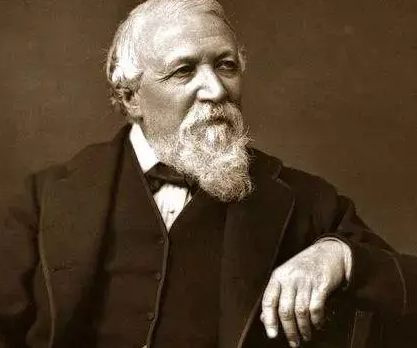Cao Cao is a famous politician, militarist, and litterateur in the late Eastern Han Dynasty of China. He was brave and skillful in war throughout his life, and possessed both wisdom and courage, laying the foundation for the Wei Kingdom during the Three Kingdoms period. However, there is an interesting phenomenon regarding Cao Cao's surname in history: Cao Cao originally surnamed Xia Hou, but did not restore his original surname after achieving fame and success. This article will explore the reasons behind this phenomenon.

I. Cao Cao's Family Background
According to the "Records of the Three Kingdoms", Cao Cao's grandfather, Cao Teng, was an official of the Han Dynasty, who was awarded the title of Fei Ting Hou for his contributions and moved his entire family to Pei Guo Qiao County (now Bozhou, Anhui Province). Cao Cao's adoptive father, Cao Song, inherited his title, and Cao Cao was his eldest son. Cao Cao's original name was Xia Hou Cao, but later he changed his surname to Cao for the need of recognizing his ancestry.
II. Why Didn't He Restore His Original Surname?
So, why didn't Cao Cao restore his original surname after achieving fame and success? There are mainly the following reasons:
1. Political Factors: In the late Eastern Han Dynasty, the Cao Teng family had become a prominent and influential family. Both Cao Song and Cao Cao held important positions in the court. To maintain the family's interests and status, they needed to maintain ties with the Han royal family. Therefore, in the process of recognizing their ancestry, they chose the surname Cao, which has a deep connection with the Han royal family, to consolidate their family status.
2. Cultural Factors: In traditional Chinese culture, the surname is not just an identifier, but also a symbol of family honor and lineage inheritance. As an outstanding politician and militarist, Cao Cao's success relied not only on his personal talents, but also on the support of his family. Therefore, in the issue of changing his surname, he needed to consider the factors of family interests and cultural inheritance.
3. Personal Factors: Cao Cao had lofty aspirations throughout his life. His goal was not just to restore the family's status, but also to establish a cause in the troubled times. Therefore, in his view, the choice of surname was also to better achieve his ambitions. The surname Cao, with its deep historical origins, could better highlight his identity and status.
III. Conclusion
In summary, the reason why Cao Cao did not restore his original surname after achieving fame and success was mainly due to political, cultural, and personal considerations. These factors together prompted him to make a wise choice on the issue of changing his surname, creating favorable conditions for the development of his family and personal career. From this incident, we can see the wisdom and breadth of Cao Cao as an outstanding politician.
Disclaimer: The above content is sourced from the internet and the copyright belongs to the original author. If there is any infringement of your original copyright, please inform us and we will delete the relevant content as soon as possible.































